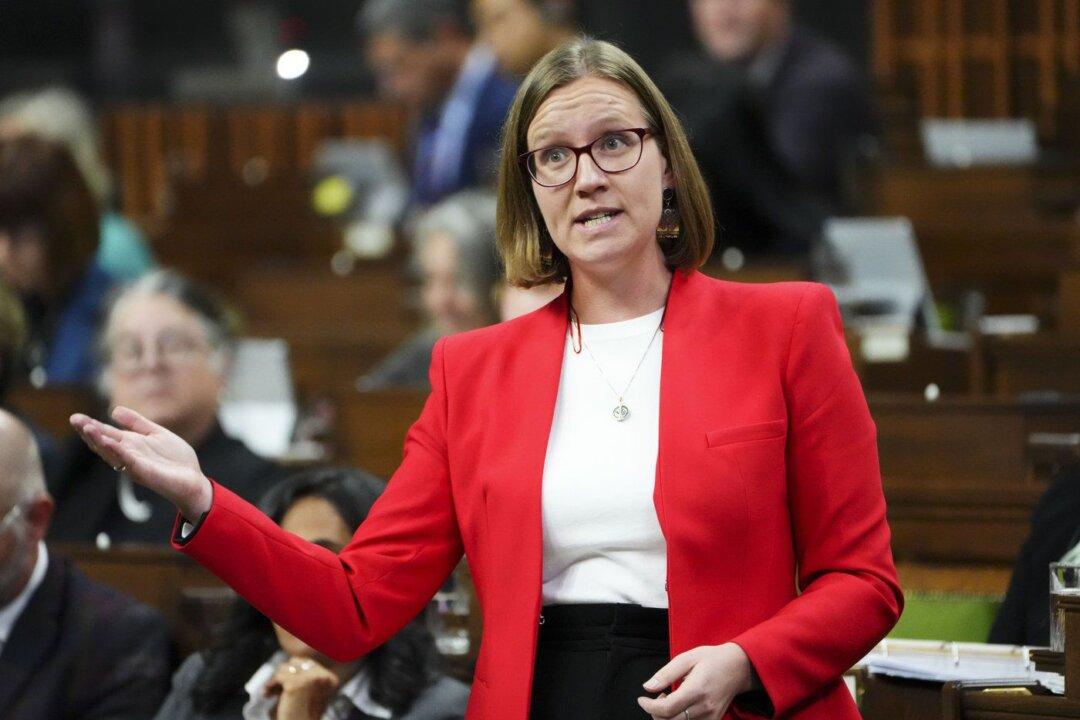MPs are back in the House of Commons today under a normal minority government framework, with the Liberals having lost formal NDP support and needing to find backing from any one of the opposition parties to pass legislation.
“We will work case by case, legislation by legislation, with whichever party wants to work with us,” Government House Leader Karina Gould told reporters in Ottawa on Sept. 16.





